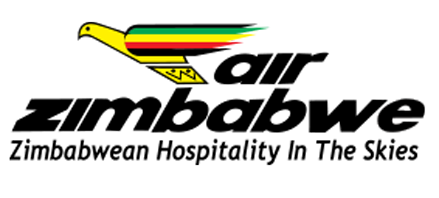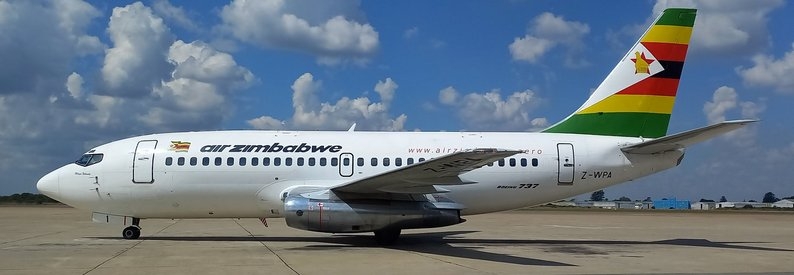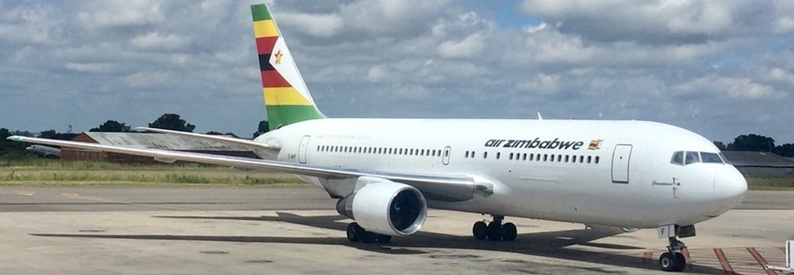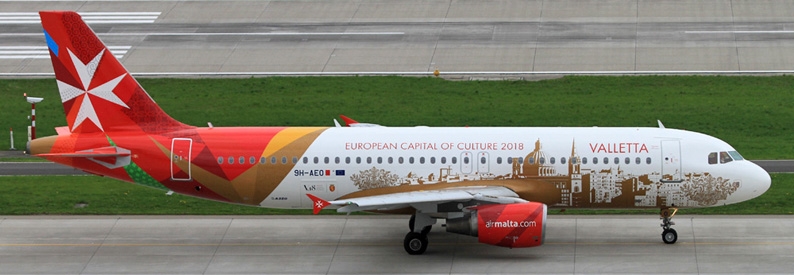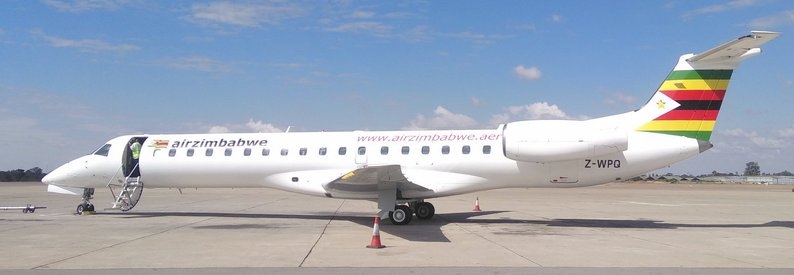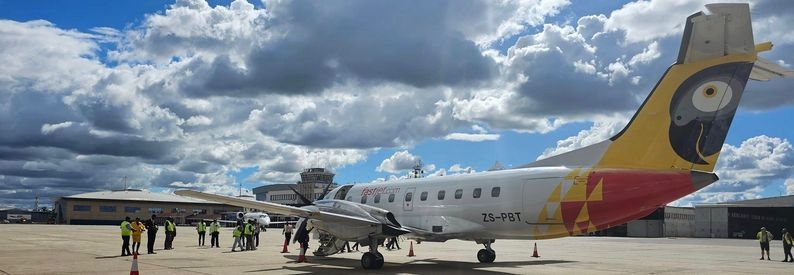Zimbabwe's Ministry of Finance and Economic Development has made an undertaking to begin clearing hard currency arrears owed to foreign carriers which had earlier threatened to suspend service to the Southern African state.
According to The Daily News, Emmerson Mnangagwa's government will disburse USD4 million per month in an effort to clear an estimated USD150 million backlog.
“We negotiated and came to an agreement on a payment plan," South African Airways country manager Winnie Muchanyuka said. "Airlines welcome the move as this will allay any fears from us as airline operators. We are very confident that as soon as the payment plan sets in, we can continue with service delivery without any hindrances."
Though technically a dollarized economy since 2009, Zimbabwe has grappled with a severe shortage of actual foreign currency given surging demand for imports against weak export earnings.
As such, with the resurgence of the black market where virtual "RTGS dollars" most recently traded at 4:1 against the greenback, almost all foreign carriers serving Zimbabwe have now either withdrawn full ticketing authority from local agents or limited them to foreign credit card payments only.
State-owned carrier Air Zimbabwe (UM, Harare International) has, in the interim, said it would continue to accept payments in bond notes, a surrogate currency introduced in 2016 whose value is officially pegged at 1:1 to the US dollar but whose black-market value, like the RTGS dollar, waivers according to demand.
“Air Zimbabwe continues to trade in accordance with approved regulations in line with the multi-currency regime. However, we are in continuous engagement with the shareholder and the Reserve Bank of Zimbabwe regarding the current economic situation with a view to establishing a sustainable position for our operations,” the airline said.
Air Zimbabwe's crippling USD300 million debt overhang was primarily accrued during the Zimbabwe dollar era between 2001 and 2008 when, despite the hyperinflationary environment, Robert Mugabe's administration ordered the airline to continue charging fares in Zimbabwe dollars despite its costs being denominated in US dollars. Given the disparity in the official and black market conversion rates at the time, the directive, in effect, gave rise to Harare International-London Gatwick return tickets costing just USD25.
Zimbabwe's only privately-owned largescale commercial carrier, Fastjet Zimbabwe (FN, Harare International), has not been immune to the country's economic malaise. As of October 24, 2018, Fastjet Group said that of its overall cash balance of USD3.4 million, USD2.7 million was stuck in Zimbabwe. As a result, its inability to tap into its revenue had forced the group to open talks with major shareholders over a capital injection and with key creditors over the reduction in both its outstanding balances due to be paid and the burden of interest and capital repayments.
"If the Company is unable to carry out an equity fundraise and/or reach an agreement with its key creditors in the coming days, the Group would be unable to continue trading as a going concern," it warned in a London Stock Exchange filing.
